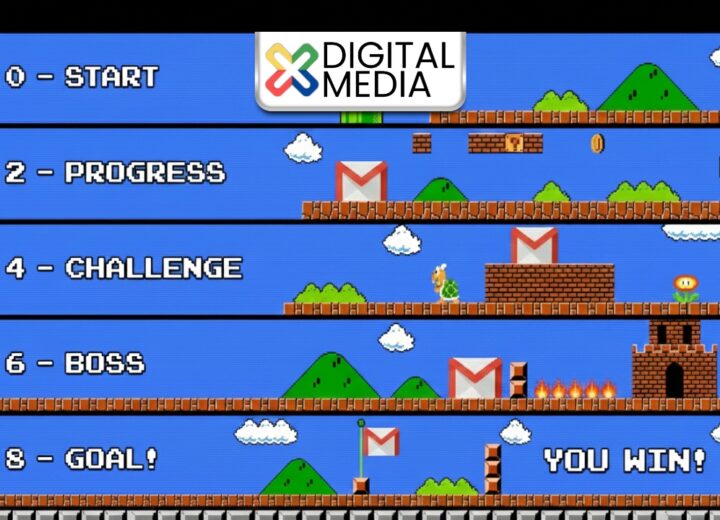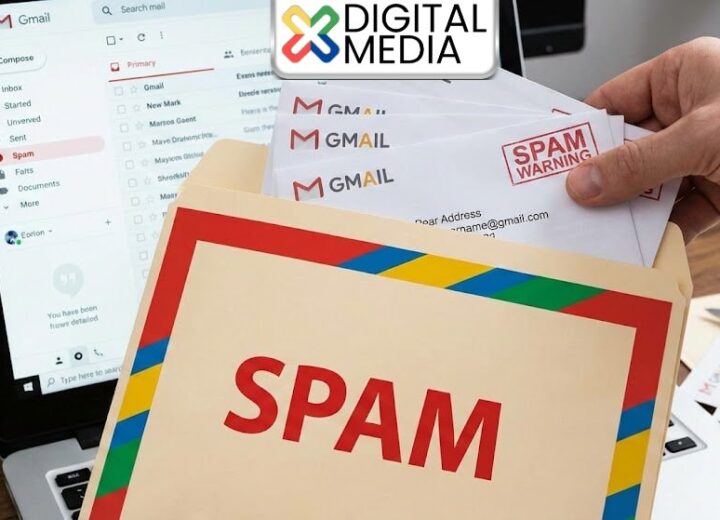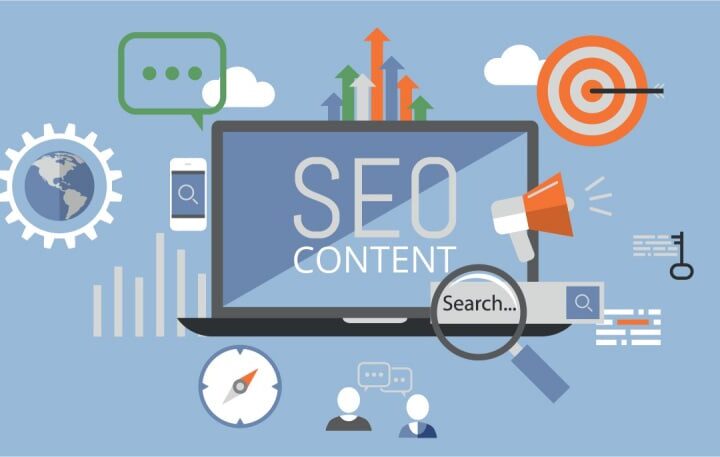PPC, without us even realizing, has been injected pretty much everywhere we go on the internet. Social media marketing is common on websites like Facebook or Twitter has managed to cleverly incorporate ads that take the form of what a regular post or tweet looks like. The only visual difference is that they are marked as “Sponsored” which in most cases, is barely noticeable.
If you are looking for a digital marketing agency, it would also be essential to have at least quite a handful of ideas about PPC and its basics.
What is PPC?
Pay -Per-Click or PPC is a kind of advertisement that allows advertisers to pay only when their ad is clicked on the internet, hence the name. This marketing model allows for much more flexibility in terms of use, cost, and efficiency for all the marketing services out there.
Whenever an online user clicks on a PPC advert, not only they are sent to a website or a landing page, a portion of a fee is billed. Every click is equivalent to a certain fee that goes to the advertising platforms.
PPC makes advertising a lot more desirable especially to those who are looking for a cost-efficient way to advertise their business. Unlike the traditional marketing scheme that a typical marketing company we’re used to, you only pay for the platforms every time you get a click.
This kind of advertisement works ideally well for websites that want website visits. This also includes websites that aim to close some deals, fulfill sign-ups, and get conversions.
There are different types of PPC such as search ads, local search ads, display ads, and remarketing. The most common among all of them is search ads.
One platform that specializes in search ads is Google Ads.
How Google Ads work
There’s less of a chance anyone knows or heard of Google before. It remains one of the biggest companies on the internet and its search engine is undoubtedly the world’s most recognizable one across its competition.
But how does it work?
Google Ads can probably be a great example to further discuss how Pay-Per-Click effectively works as one of the best online marketing strategies available out there.
Every time you boot up a computer, then open up a browser, chances are you are greeted by a Google homepage. Once you are connected over to the internet, it’s hard not to miss Google at any point in your session.
Google as a search engine is no stranger to other devices, too. Phones, tablets, and even modern televisions are all able to have access to it. This is why, as someone who looks for an online marketing opportunity, placing an ad with and on Google is not just a brilliant idea, but also an essential one.
Google Ads; formerly known as Google AdWords; focuses on ads that can appear on a search results page and mainly offers the PPC model.
If a user searches for something, Google dives deep into its collection of Ads and then handpicks the best ones onto its results page. The ones it picks are selected based on relevance and quality.
In technical terms, those of which appear on the results page are based on rankings called the Ad Rank. It is a metric that Google Ads uses CPC bid and Quality Score to determine whichever is favorably high up in the list.
CPC or Cost-Per-Click is the amount of fee that an advertiser pays per click. The higher the bid, the better score your Ad gets.
Quality Score, on the other hand, pertains to the overall relevance and value of the Ad. Maximizing the use of keywords is the key to a good quality score.
Keywords are the key
PPC and web marketing, in general, is all about keywords. The goal is to always utilize valuable and relevant keywords for each ad. Effective PPCs have highly relevant keywords and have long-term use. You’d want your keywords to not only use what’s trendy, but rather long-lasting, too.
Managing your keywords into its fullest potential can make the difference. It is in the advertiser’s best interest to ensure that their PPC keyword list is constantly being tracked and refined. Nailing down on all its aspects means more traffic for your website, which means profit.





